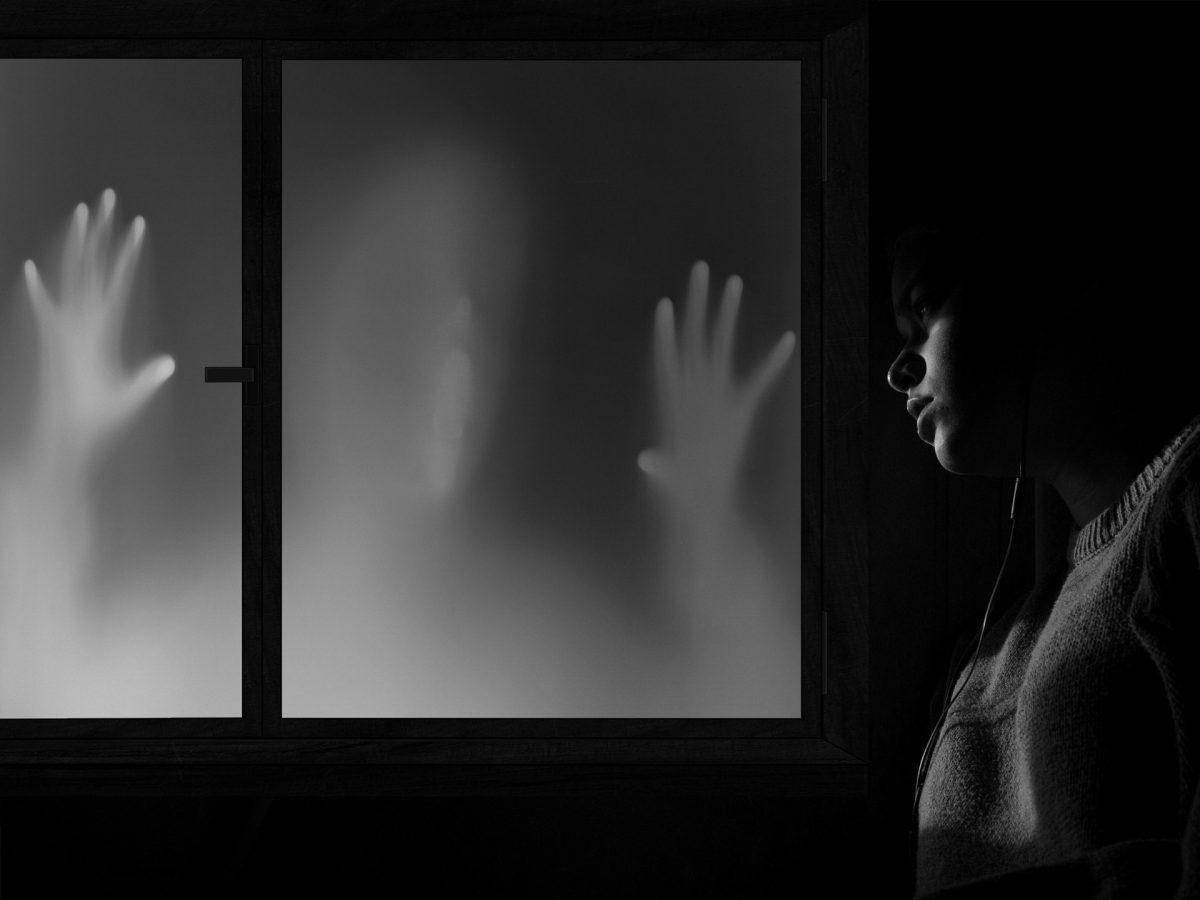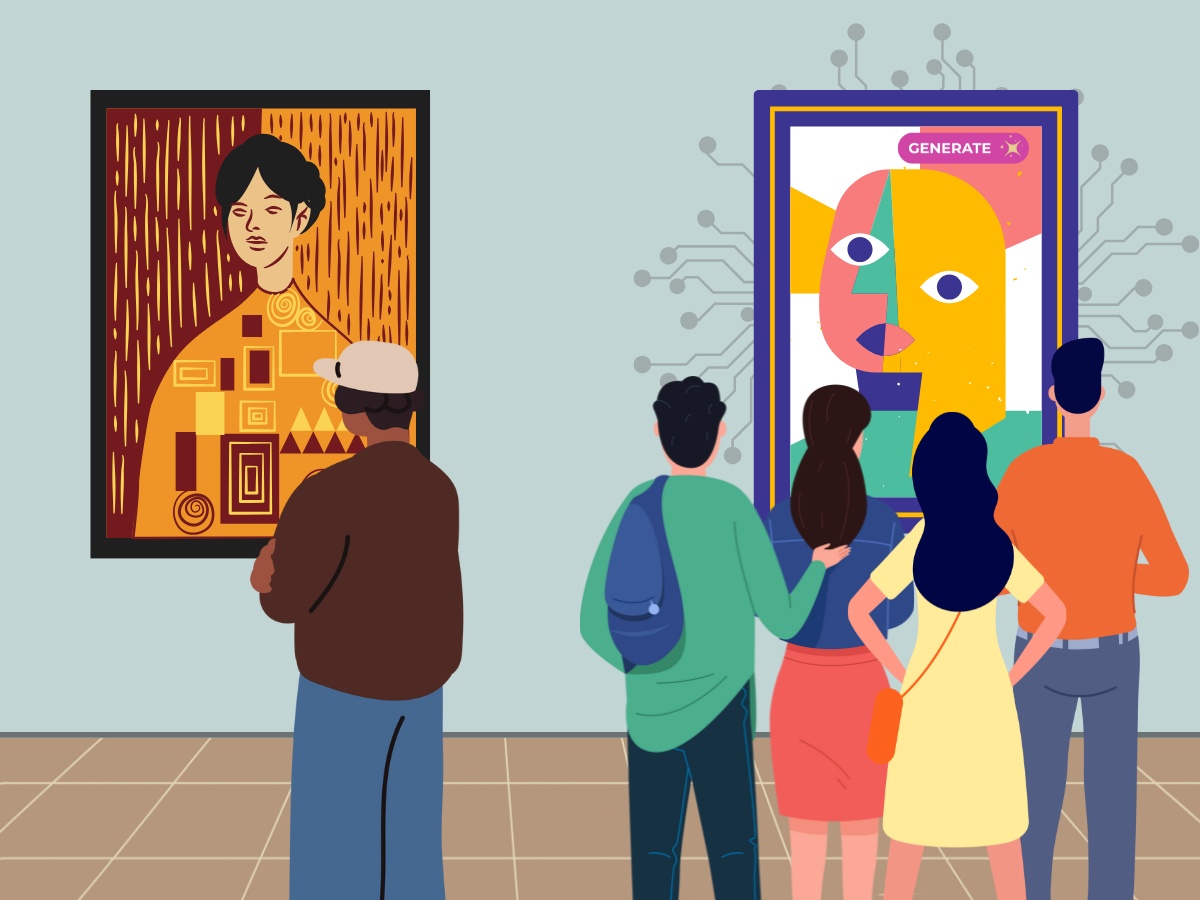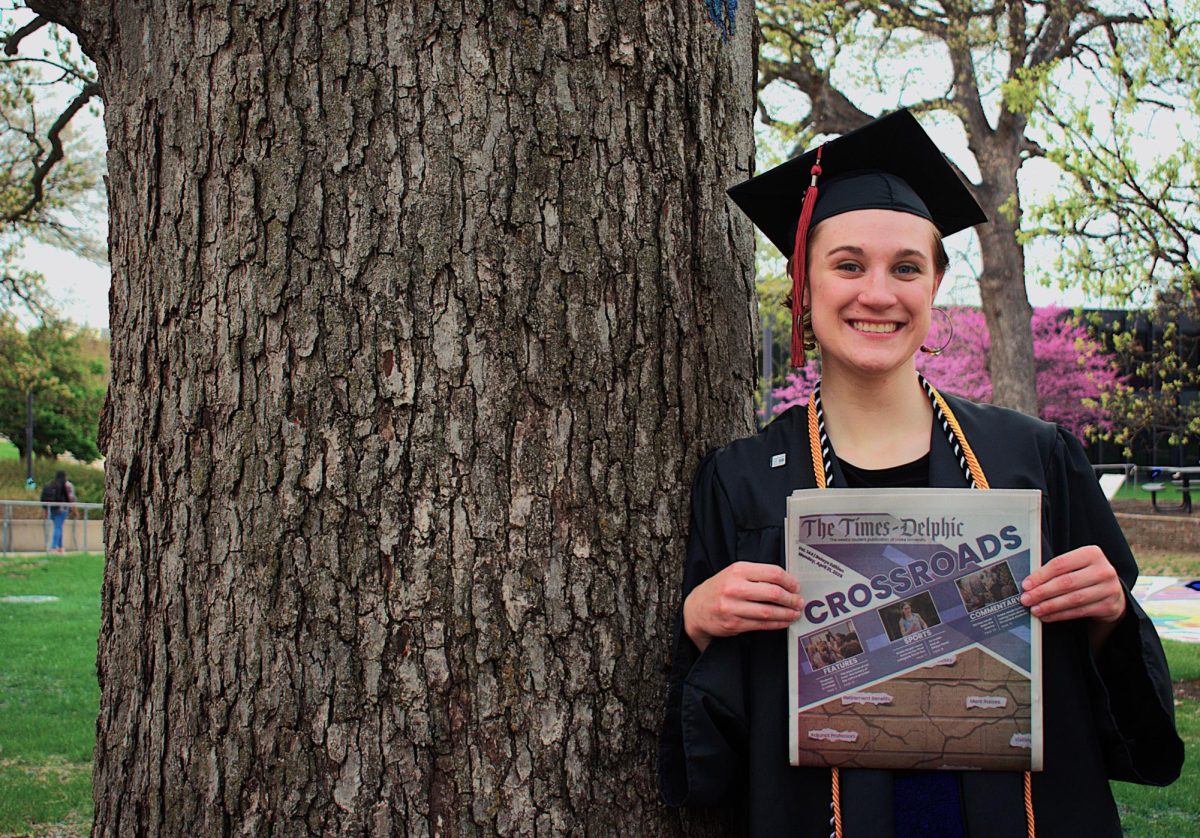“I just don’t understand why you torture yourself like that.”
I was explaining to my brother my concept of “bad horror movie nights.” The title is fairly self explanatory — I watch a (presumably) bad horror movie. Sometimes I’m pleasantly surprised when they are actually good; such as Hulu’s “Pooka!” and “Tentacles.” Other times, I’m like “Well, that was indeed a waste of my time” such as Shudder’s “Superhost.” Maybe the name should be changed to just “horror movie nights.”
But anyway, my brother, who can’t really handle super intense horror movies such as my two personal favorites “Hereditary” or “Sinister,” but can handle some of the lighter ones such as Netflix’s “The Ritual,” was questioning why I like movies that scare me. After all, nobody likes to be frightened; they may like the adrenaline associated with fright, but fright itself is a very unpleasant experience. When I was younger, I was completely terrified of anything horror-related and would avoid scary stuff at all costs. I remember once a commercial for James Wan’s “The Conjuring” came on the TV while I was watching football and I plugged my ears, shut my eyes, and sang Jingle Bells at the top of my lungs. So what changed?
I consider myself an armchair film buff; I always enjoy watching movies, analyzing them, learning actors’ and actresses’ names and specific skills, as well as directors’ and studios’ styles of movie. As I’ve gotten older, I’ve realized that behind every horror movie is a legitimate attempt to tell a story, and once you get over that original “this is terrifying and will keep me up for ages” feeling, you can begin to appreciate the story behind the movie.
For example, take Ari Aster’s “Hereditary.” For the first hour or so of this movie, I was like “this isn’t a horror movie” and then for the last part of it, I was not only shaking but was like “this is the scariest thing I’ve ever seen.” And yes, it took me a second to shake that frightened feeling, but afterwards, I was absolutely singing its praises. That movie is not only my favorite horror movie, but one of my favorite movies in general. The acting is fantastic, the story is great, the scares are genuine without being gimmicky (i.e. not being cheap jumpscares) … frankly, I could go on and on.
Don’t get me wrong, I think people who don’t like horror movies have good reasons. Some people just can’t handle scary things, and that’s completely fine. Plus, a lot of people simply do not like them because they are badly made films. And frankly, after having many bad horror movie nights, I can totally see why they say that. But I believe that for every dozen or so bad horror movies, there’s one that is a true masterpiece of a movie that should be taken seriously.
I think that many horror movies need to be taken seriously as art. Yes, there are some where it’s just guts and gore — film companies looking to make a quick buck with some cheap scares and bad plots. But there are some that I truly believe deserve Oscar nods, or at the very least deserve more recognition and to be treated as legitimate forms of filmmaking. “Hereditary” deserved some best picture nods. Bill Skarsgard’s performance as Pennywise the Dancing Clown in the 2017 “It” remake deserved at least some best actor recognition — he truly made the character terrifying. I would dare to say that his performance could be compared to the amount of dedication Heath Ledger gave the Joker in “The Dark Knight.”
Fear is a legitimate human emotion — an unpleasant one, but legitimate. But we watch movies to laugh, cry, warm our hearts, and above all else, feel. All of these other movies that run and play on these emotions go on to win Oscars, and yet horror is left in the dust when there are some movies that deserve legitimate recognition. Only one horror movie has ever won best picture: “The Silence of the Lambs.” The directors and writers for any movie have a dream and a vision for their movie to succeed and tell a story — yes, some are written with more care and thought than others, but it’s time for horror movies to be seen as a real film genre.







